Ayurvedic Medicine for Infertility
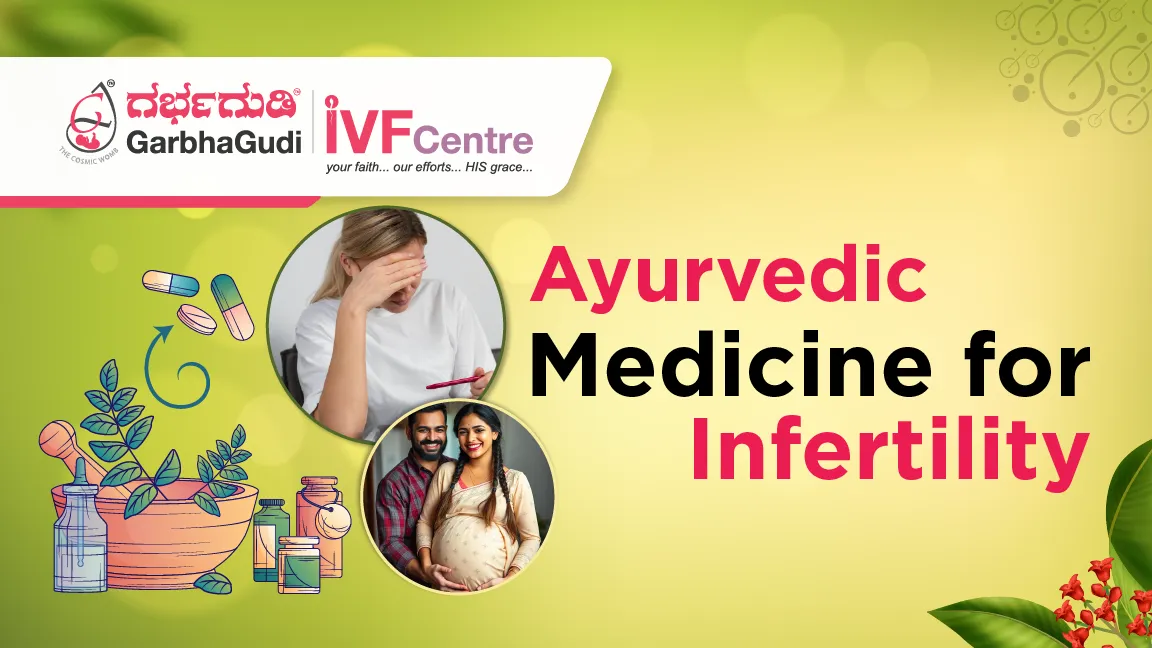
Infertility stands as the deepest longing of life that couples experience together. People experience both emotional distress and uncertainty alongside social loneliness when their family-making aspirations seem impossible to achieve.
The medical condition of infertility impacts every dimension of personal life because it represents a deeply private challenge. While modern medicine offers clinical treatments, many are turning to ayurvedic medicine for infertility to find a more natural, compassionate, and holistic path to parenthood.
What is Infertility?
The medical definition of infertility describes the situation where a couple fails to get pregnant despite one year of unprotected sexual relations performed correctly.
WHO reports that Infertility affects about 15% of couples across the globe. The Indian population experiences infertility problems affecting about 17% of couples, based on research findings.
A single year of unsuccessful unprotected intercourse leads to infertility for both men and women. Several physical elements and environmental conditions as well as emotional factors, combine to produce this intricate medical condition.
Modern medical treatments for infertility often require costly expenses while producing unwanted physical effects, together with emotional hardship. Ayurveda, as an ancient medical system of life, provides a pleasant solution to infertility treatment by focusing on foundational causes while rebalancing body systems.
According to Ayurvedic teachings conception occurs through the healthy alignment of four essential elements including Shukra Artava as the healthy ovum and Garbhashaya as the healthy uterus together with Shukra Dhatu as fertile sperm and the nutritious uterine lining. A natural conception occurs whenever these four elements remain balanced.
Causes of Infertility in Women
The origin of infertility in females stems from PCOS (Polycystic Ovarian Syndrome), irregular menstrual cycles, thyroid imbalance and endometriosis and uterine fibroids and fallopian tube blockage. The reproductive system becomes weakened by poor digestion together with emotional stress and improper lifestyle and poor digestion.
The Ayurvedic perspective traces these problems to variations in Vata dosha because Vata controls both egg discharge and menstrual periods throughout the body. The disturbance of Vata dosha results in dysfunction of ovulation as well as abnormal menstrual cycles.
Causes of Infertility in Men
The primary causes of male infertility consist of reduced sperm count, weak sperm movement patterns, together with hormonal imbalances and undesirable behaviours rooted in excessive alcohol use, along with smoking habits, as well as late-night work activities and emotional stress.
These weaken Shukra Dhatu, the male reproductive tissue responsible for semen production.
Within Ayurvedic medical practice, Shukra stands as the highest product of digestive transformation.
Weak Agni digestion together with accumulated body toxins (Ama) creates insufficient Shukra. This leads to infertility.
Best Ayurvedic Medicine for Female Infertility
Through Ayurveda society inherits knowledge of traditional herbs and medical formulations which medical experts have used to handle female reproductive system issues since ancient times. This medicinal process affects the entire reproductive structure in addition to the uterus and ovaries.
Shatavari (Asparagus racemosus)
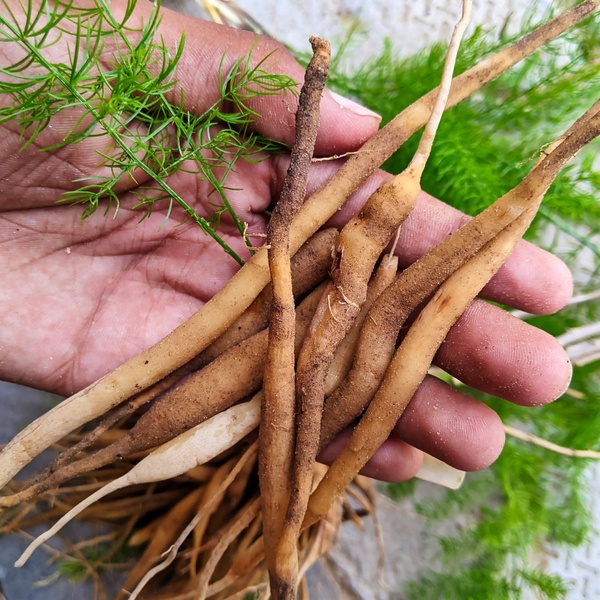
Shatavari is one of the most powerful herbs in Ayurvedic Medicine for Female Infertility. Female body hormones achieve balance through this remedy while helping the body release eggs and supporting healthy uterus development.
The powerful phytoestrogens in this plant duplicate natural oestrogen, which helps both female fertility and creates a regular menstrual cycle.
Tests conducted at the Journal of Ayurveda and Integrative Medicine during 2017 confirmed that Shatavari helps develop follicles while also improving uterine receptivity, which makes implantation more probable.
Ashoka (Saraca asoka)

People consider the Ashoka tree bark effective because it strengthens the uterus and addresses heavy bleeding, fibroids, and menstrual pain. The supplement works most effectively when a person has irregular hormone levels.
Ashoka is commonly used in the classical formulation "Ashokarishta," which helps regulate periods and supports uterine health in Ayurvedic Medicine for female infertility treatments.
Lodhra (Symplocos racemosa)
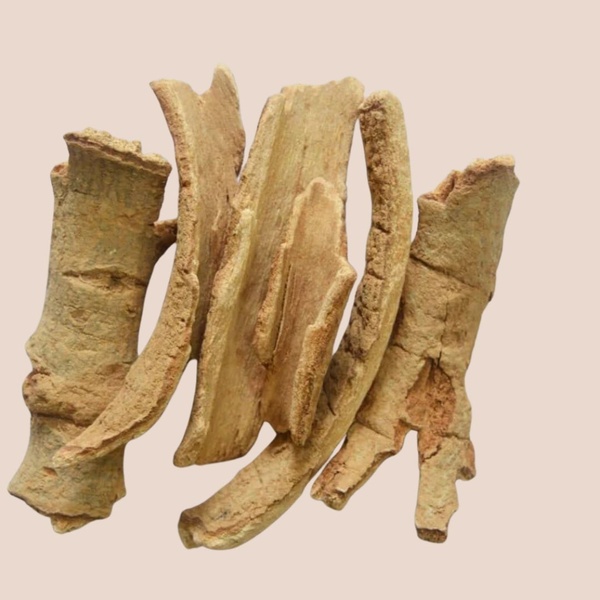
Lodhra acts to minimise Pitta dosha while it helps reduce inflammations within the reproductive region and works to level oestrogen production. Lodhra serves as a common medical solution for PCOS patients or women experiencing unexplained infertility problems.
Phala Ghrita
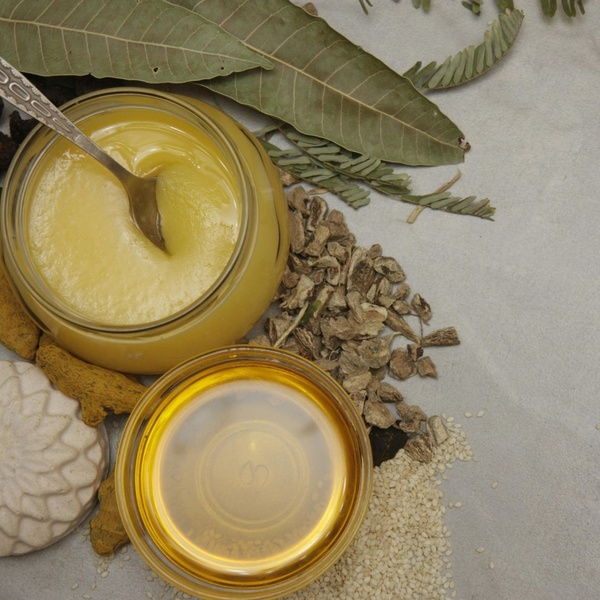
Consumers can use this Ayurvedic remedy based on medicinal ghee to address infertility issues. When herbs are boiled in ghee a medicinal substance forms that acts to nourish reproductive organs. Phala Ghrita is widely recognized as one of the best ayurvedic medicines for female infertility as it supports ovulation, strengthens the uterus, and enhances the overall reproductive environment.
Best Ayurvedic Medicine for Male Infertility
According to Ayurveda practitioners the essential element to address male infertility requires proper Shukra Dhatu strengthening. Medical herbs used in these treatments possess properties which restore sperm production while simultaneously improving vigour and fighting stress.
Ashwagandha (Withania somnifera)
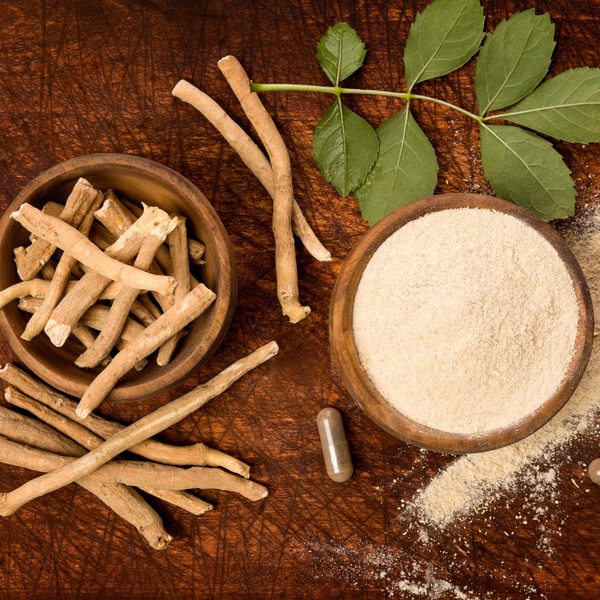
Ashwagandha develops testosterone levels and enhances sperm count while speeding up their movement. A research published in Evidence-Based Complementary and Alternative Medicine in 2013 demonstrated that male subjects achieved enhanced semen volume and motility while taking Ashwagandha during a 90-day period.
It is widely used in the best ayurvedic medicine for male infertility formulations and also helps manage anxiety, which can indirectly affect fertility.
Gokshura (Tribulus terrestris)
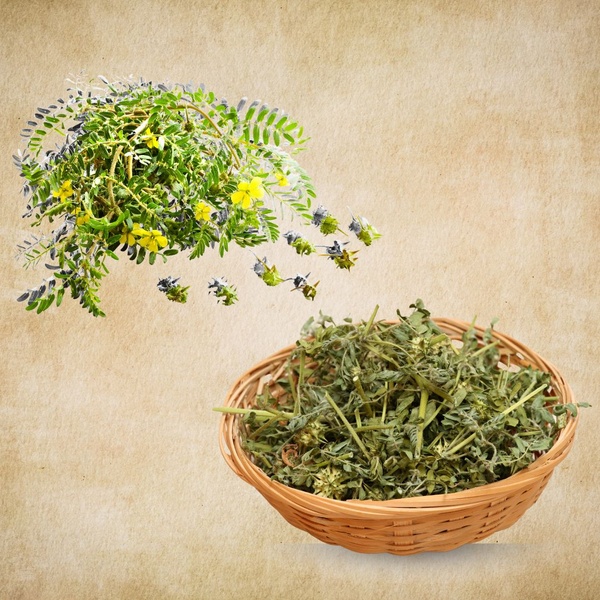
The herb promotes testosterone elevation and increases sexual drives while creating healthy sperm. In Ayurvedic medicine Gokshura facilitates better urinary function and enhanced kidney performance because these factors significantly affect reproductive health.
It is considered one of the essential herbs in ayurvedic medicine for male infertility.
Kapikacchu (Mucuna pruriens)

The natural properties of Kapikacchu increase dopamine levels to support hormone equilibrium and minimise stress symptoms. Gokshura demonstrates two benefits for sperm health because it strengthens male reproductive cells and combats oxidative stress that affects the system.
Shilajit

Natural resin called Shilajit exists in the Himalayan mountains due to its mineral richness. Shilajit enhances physical strength while strengthening body tissues with its beneficial effects on hormonal equilibrium. Shilajit is used in both male and female infertility treatments and is a critical part of Best Ayurvedic Medicine for Male Infertility.
Panchakarma: Detoxification Before Conception
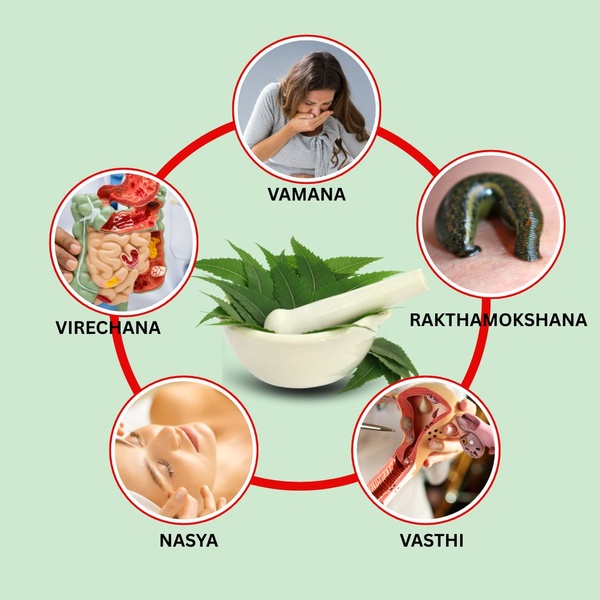
Among initial Ayurvedic treatment protocols patients may need to undergo deep body cleansing before starting medicine consumption. According to Ayurvedic practise Panchakarma removes impurities from the body as it readjusts metabolic processes while balancing the doshas.
Vamana (Emesis): Clears excess Kapha, useful in PCOS and obesity-related infertility.
Virechana (Purgation): Flushes Pitta toxins, helps in hormonal imbalances.
Basti (Medicated Enema): Nourishes reproductive organs, especially beneficial for Vata-related issues.
Nasya: Clears toxins in the head and enhances hormonal communication.
Many Ayurvedic doctors recommend Panchakarma as the first step in Ayurvedic medicine for infertility, ensuring the body is clean and receptive before starting any treatment.
Lifestyle and Diet in Ayurvedic Fertility Care

According to Ayurvedic principles the therapeutic treatment of a patient requires more than just medication. Every day practices together with food allocation and sleep cycle and mental focus, influence fertility levels. Several steps exist to realign your lifestyle.
Eat Fertility-Boosting Foods: Fresh fruits, ghee, soaked almonds, sesame seeds, saffron milk, and moong dal are nourishing.
Avoid Cold, Dry, and Processed Foods: These disturb Vata and weaken the reproductive tissues.
Sleep Well: Rest is essential for hormone regulation and ovulation.
Yoga and Meditation: Reduce cortisol (stress hormone) and improve reproductive function.
The recommendation for couples attempting to conceive their baby is to practise the peaceful lives of sattvic nature. Keep away from angry emotions or excessive exertion as well as any sources of emotional disruption.
Research and Clinical Studies
Rudimentary knowledge from traditional practices resembles modern studies which support Ayurvedic therapeutic approaches to infertility.
A study featured in the 2010 AYU Journal demonstrated that 76% of women with unexplained infertility succeeded at pregnancy after using Ayurvedic herbal drugs and receiving Panchakarma treatment.
Studies utilising double-blind testing demonstrated that Ashwagandha effectively enhanced sperm quality in males by more than 80% of patients in controlled trials.
Such findings validate the traditional Ayurvedic approach and show how Ayurvedic Medicine for Female Infertility and Ayurvedic Medicine for Male Infertility are effective and safe.
A Gentle, Natural Path to Parenthood
Your life extends beyond infertility since it represents only a phase of your journey. When applying Ayurvedic medicine, practitioners view their patients as holistic beings. Support extends throughout your physical self and mental self, with equal importance to your spiritual essence. The creators use profound care along with traditional wisdom when they design these herbal blends and life-changing therapeutic approaches, and detox protocols.
Whether you are searching for Ayurveda, this natural path gives you hope, not just for pregnancy, but for complete health.
Conclusion
Ayurvedic medicine interprets infertility not as a medical illness but understands it as a fundamental call toward seeking balance alongside therapeutic nourishment in your body. Herbal medications combined with detox methods such as Panchakarma, alongside emotional guidance, allow Ayurvedic treatments to bring forth fertility in a gentle manner.
Treatments based on Ayurvedic medicine for female infertility patients and the Best Ayurvedic medicine for male infertility restore not only reproductive health but also strengthen the bond between body and spirit.
With artificial medical solutions on the rise, this ancient system helps you find your natural physiological balance. It provides medical care and also provides them with hope while delivering healing interventions and enabling chances for positive outcomes.